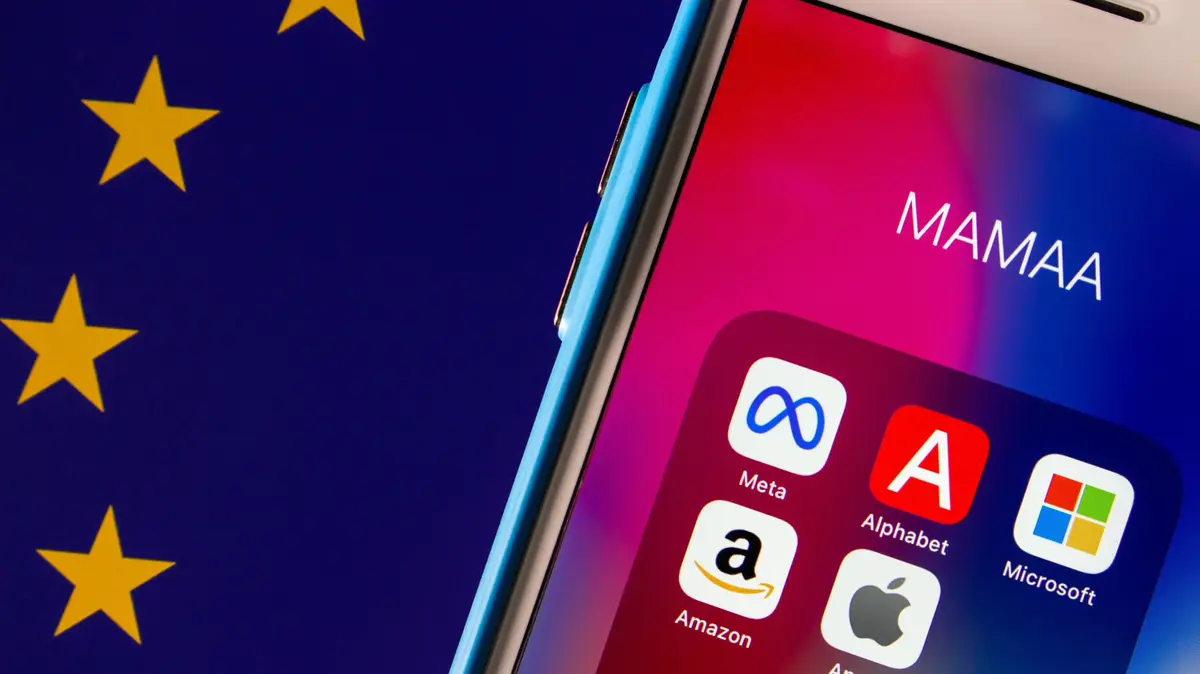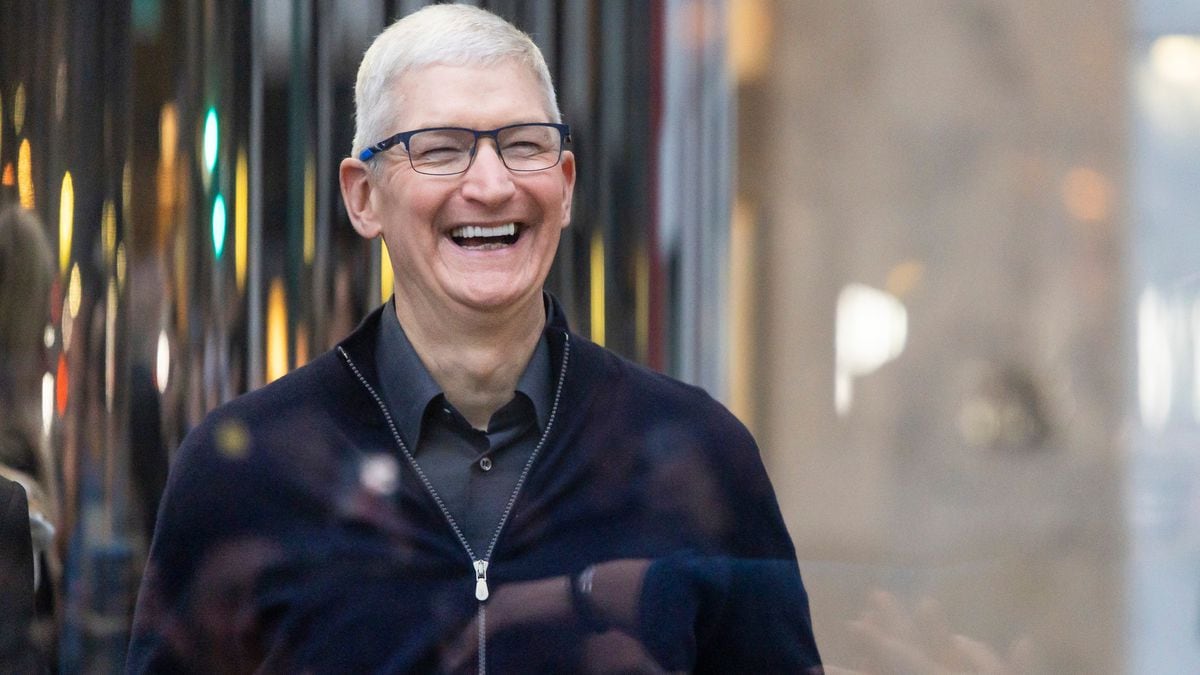TECH
Opinions
Stop the predation of technology giants
Apple's decision to part ways with Intel and Google to charge Google for images seems legitimate, and yet, they point to an unstoppable kick.
Their power and influence should be on the public agenda
Tags
Dark
Google
Facebook
Walla!
TECH
Wednesday, November 18, 2020, 8:00 p.m.
Share on Facebook
Share on WhatsApp
Share in general
Share in general
Share on Twitter
Share on Email
0 comments
Biden: "We are leading Trump, the public said ...
Netanyahu welcomes Pfizer's achievement in developing an effective vaccine ...
Britain bans Chinese Wawi to operate network ...
Michael Bar-Ze'ev, Gilad Waxman, Daniel Rosenfeld
Ushaya who underwent catfishing
Denmark has discovered a new corona mutation in mink and reads ...
Hours to close polls Trump and Biden broadcast optimism ...
US imposes sanctions on bodies in Iran involved ...
In the video: Apple, Google, Amazon and Facebook were questioned at the US Congress about harming competition (Photo: Reuters, Editing: Nir Chen)
Once in a while, around deepening the influence of the internet and technology giants, we are witnessing harsh public and regulatory criticism of them.
In this context it is worth noting two moves that took place this week.
One, the breakup of technology giant Apple from chip giant Intel.
After 15 years of collaboration in which Intel chips have been assimilated into Apple computers, one of the most significant collaborations in the technological world.
The second, the internet giant - Google, that it will stop offering unlimited free storage in its popular service 'Google Photos'.
Seemingly, these are legitimate decisions based on business logic.
Behind Apple's decision to part ways with Intel is the desire to increase control over the architecture and core technology of its products and it is likely that it will even allow the company to sell its computers at a lower price tag.
This move will expand Apple's internal technology capabilities and reduce its dependence on third-party core technologies.
Google's move is also a move with a lot of logic on its side.
For years Google has allowed, for business and technology reasons only (and not out of philanthropy), free and unlimited storage for high quality images using the Google Photos service such a popular service that has become the default of billions of users who upload millions of images daily to Google.
Google has agreed to pay a fortune for this service and seemingly what is the point of giving unlimited free storage to anyone who demands where these resources cost a lot of money.
However, a broader examination raises questions about the way in which technology giants operate to create their power at the expense of users' freedom of choice.
More on Walla!
NEWS
There is a real solution: the cream that will remove the pigmentation spots
To the full article
The "chicken in shekel" method worked well.
Google Images
Adv. Avi Nadler (Photo: Arkady Raskin)
Apple's move is not surprising.
Over the years Apple has made acquisitions of companies and technologies to lay the necessary infrastructure to produce independence in the field of processors and on the other hand there have been claims that Intel has difficulty supplying the goods and other manufacturers tail in it and even present superior technologies.
But Apple prefers to see their computers work like the iPhones and iPads and create full integration between all Apple devices, hardware and software alike and a unified user experience.
However, full integration and a uniform user experience will create an additional exit barrier for users.
These will find themselves bound to the various platforms and the "locked garden" of the giant from Cupertino.
Google's move is more problematic on the face of it and allows a 'glimpse into the future' on Apple's move.
Google has been running an excellent free product for many years.
A well-known American truth is that there is no such thing as free meals, and even in Silicon Valley they know how to attract the audience with "chicken in shekel" bait.
Google has implemented a strategy that turns out to be 'predatory'.
Competitors like Everpix, Loom, Ever, Picturelife had a hard time dealing with a good product for free and even Dropbox became less relevant.
Now that it's actually the only de facto player on the market and each of its users has hundreds or thousands of photos of personal documentation on its servers - Google knows that each one feels bound or dependent on its product and none of them will rush to transfer their photos for all that, easier and simpler Pull out the credit card.
Individual dollars from hundreds of millions of users will look good hundreds in the financial statements, easy money in making a decision.
These moves will surely serve the good of the companies and their stocks have responded to announcements at decent exchange rates.
But what about the general user public?
Technology by nature always precedes regulation and when the latter comes, it is often too late.
In the information age, however, public debate is even faster than technology and the power and influence of technology giants and information should be at the center of public debate.
Adv. Avi Nadler is Head of the Companies and High-Tech Department at ENF Eli, Nadler Freidin & Co.
Share on Facebook
Share on WhatsApp
Share in general
Share in general
Share on Twitter
Share on Email
0 comments









